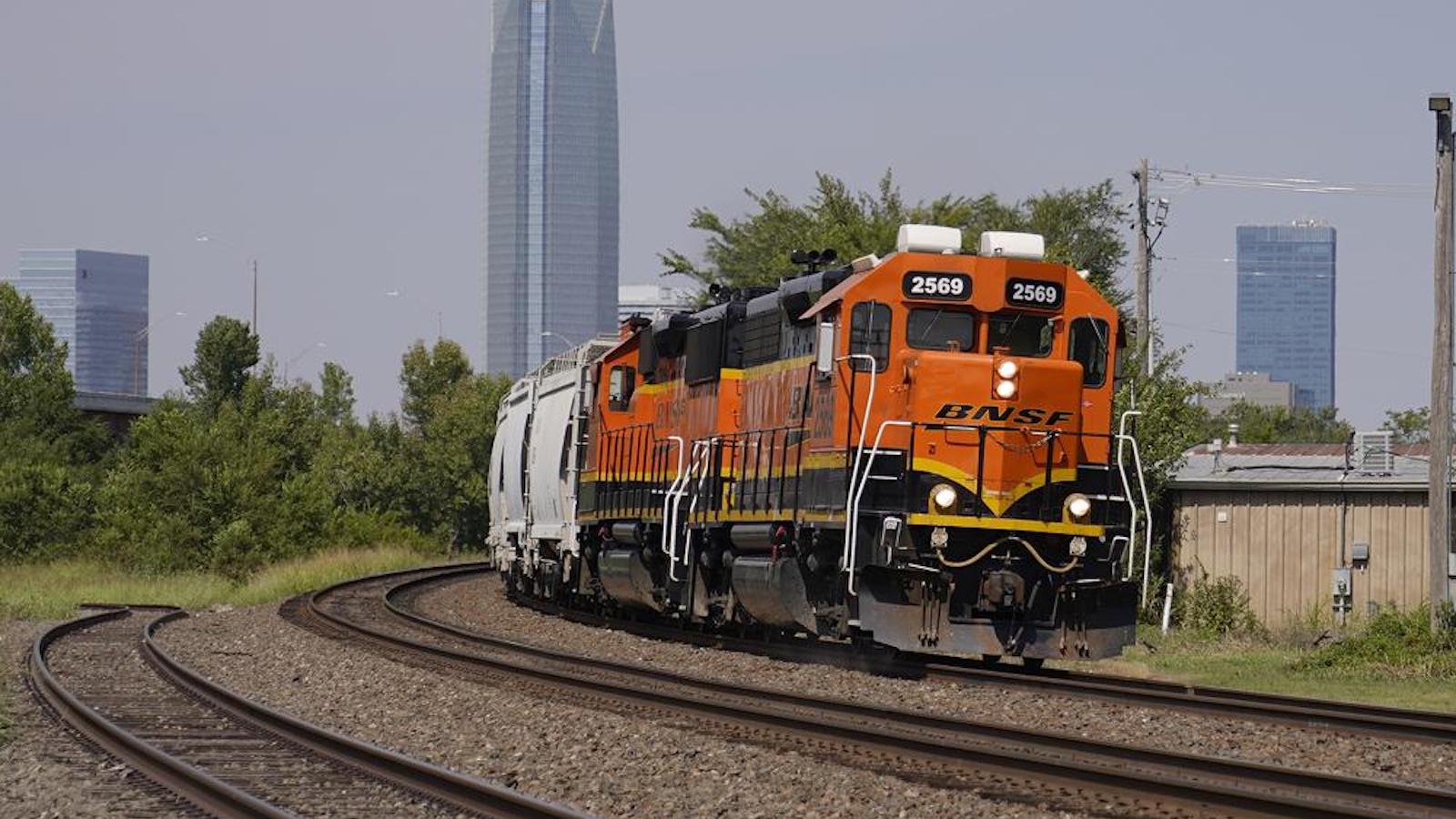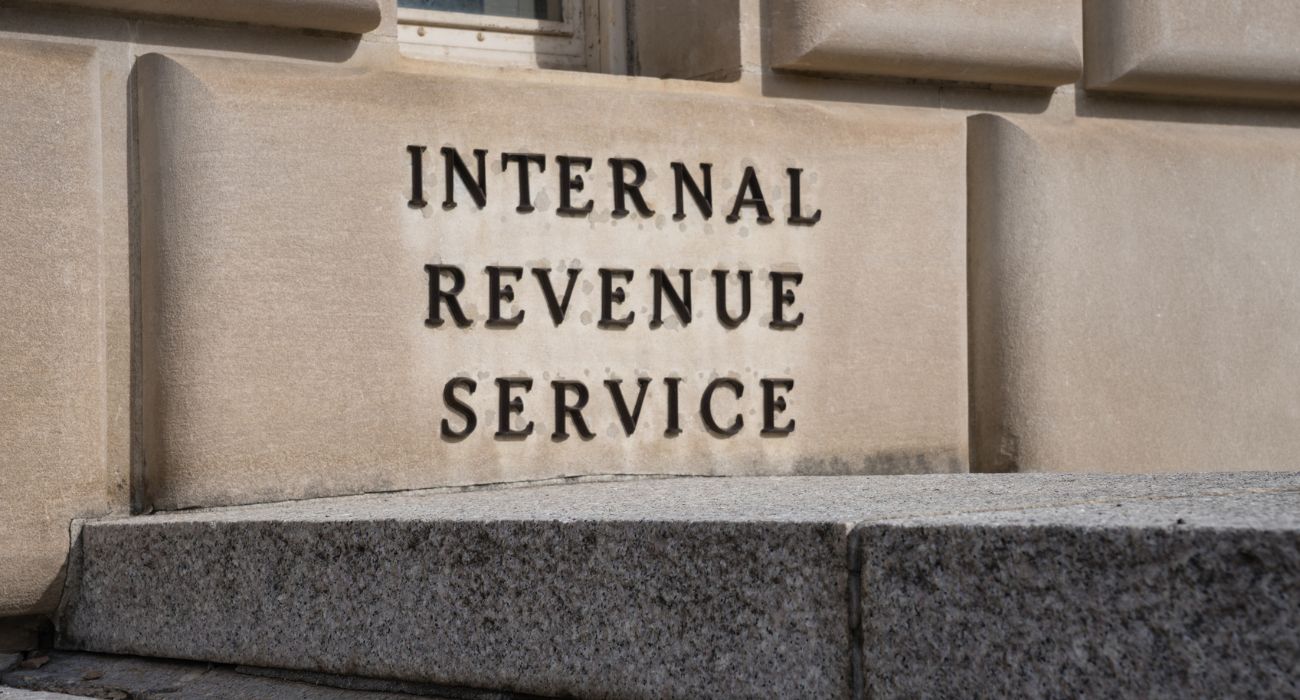Consumers around the nation may see heightened gas and grocery prices if the railroads and all 12 railroad unions do not reach a deal to avert the strike slated for December 5.
The Association of American Railroads announced in September that a strike had been averted due to tentative agreements and contracts being struck, as previously reported by The Dallas Express.
These new contracts would provide rail employees a 24% wage increase from 2020 through 2024 and an immediate payout of an average of $11,000 after ratification. The raises are the largest given to workers in over four decades.
Railroads, however, resisted union demands to further add paid sick time and did not account for other benefits.
The strike was initially slated to occur on November 19 amid negotiations. The Brotherhood of Maintenance of Way Employes Division union, representing track maintenance workers, agreed to delay any action until December 4.
The American Association of Railroads had previously published a report finding that a national rail service disruption would “dramatically impact economic output and could cost more than $2 billion per day.”
“This agreement to extend the cooling off period affords all unionized employees the opportunity to vote on their agreements free of a looming strike threat,” said Ian Jefferies, president and CEO of the Association of American Railroads trade group.
The likelihood of a strike and its threat to national rail traffic grew on November 21 when The SMART Transportation Division, the largest of the 12 unions, rejected the deal offered. The Transportation Division of the International Association of Sheet Metal, Air, and Rail also refused to ratify the agreement.
Four of these 12 unions, collectively representing half of the 115,000 rail workers, are reportedly holding out for a better deal.
The Retail Industry Leaders Association (RILA) urged Congress to intervene to avoid an “economic disaster.”
“Leading retailers’ supply chains are built on an extensive infrastructure, and rail is a major piece of that puzzle as retailers move millions of goods to consumers throughout the country,” said the RILA in a press release.
“A strike would cause enormous disruption to the flow of goods nationwide, the effects of which would ripple through the supply chain and the U.S. economy at large,” it explained.
The Consumer Brands Association also urged for congressional intervention, warning that ceased railroad service “would imperil product availability, shut down manufacturing lines, and cut off consumers’ access to everyday essentials.”
“The companies that manufacture and distribute everyday items like peanut butter, cooking oil, breakfast cereal, soap, canned vegetables, and household cleaners utilize rail to transport high concentrations of both raw input ingredients and finished products,” said Tom Madrecki, vice president of supply chain and logistics in the press release.
“This can all be settled through negotiations and without a strike,” said SMART-TD President Jeremy Ferguson. “A settlement would be in the best interests of the workers, the railroads, shippers, and the American people.”
Ferguson concluded, “The ball is now in the railroads’ court.”







A 24% increase in wages is a big chunk. That doesn’t include all the other goodies of the deal. Unions are in my opinion, bilking the average worker in dues.